In electrical projects, the choice of overhead cables or cables depends on factors such as environment and conditions, maintenance and safety, transmission distance and capacity. Overhead lines are suitable for non-built-up areas such as plains and mountainous areas, while cables are suitable for areas with complex or damaged environments. Overhead lines have strong conductivity and are easy to maintain, and are suitable for long-distance and large-capacity transmission. Cables can protect wires from damage, reduce leakage and interference, and are suitable for short-distance and small-scale transmission. In actual applications, they need to be selected according to specific circumstances.
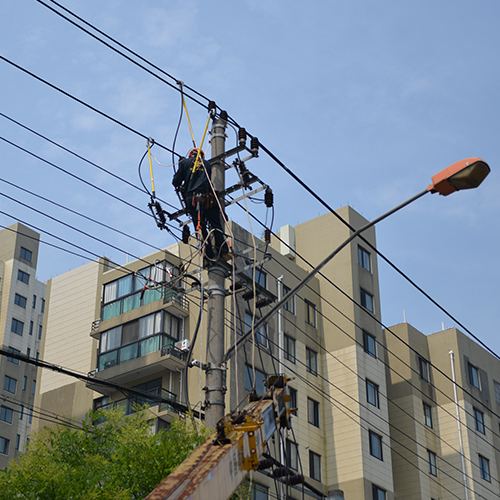
Cables refer to power transmission lines that use insulating materials to wrap metal cables. Cables are suitable for underground laying and low-voltage power systems. Because they have insulation protection, they can effectively prevent leakage and electromagnetic interference.
Overhead cables refer to power transmission lines that hang metal wires in the air. It are suitable for high-voltage power transmission systems. Because they can dissipate heat in the air, they can greatly reduce the temperature of the wires and can still maintain stable operation in high-temperature environments.
In electrical projects, the choice of using overhead cables or cables mainly depends on the following factors:
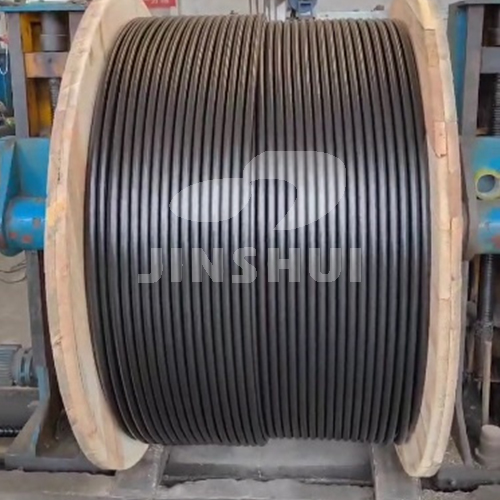
Overhead cables are usually suitable for non-built-up areas such as plains and mountainous areas, because these areas have sufficient space for layout, and the environmental requirements are not high, and they will not cause danger to the surrounding people. Cables are suitable for areas with complex or damaged environments, such as power transmission in urban areas, which can avoid the electromagnetic waves emitted by cables interfering with the lives of surrounding residents.
Overhead cables are one of the main ways to transmit power in power systems because they have strong conductivity and are easy to maintain. Cables can protect wires from physical wear, corrosion and other forms of damage, and can also reduce current leakage and interference, thereby ensuring the safety and reliability of the power system.
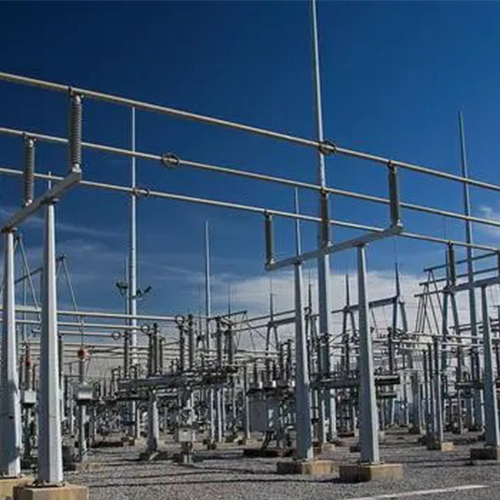
Overhead cables are suitable for long-distance transmission, such as around cities or long-distance transmission lines, and are also suitable for large-capacity power transmission, such as near grid access points. Cables are suitable for some smaller, short-distance transmission lines.
Zhengzhou Jinshui Industry And Commerce Co.,Ltd. recommends that you choose whether to use cables or overhead cables based on the actual application needs and usage scenarios.
Get A Free Quote
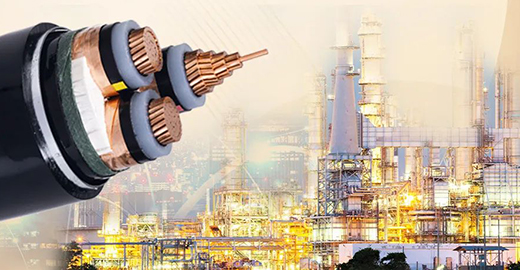
Flame-retardant cables are resistant to high temperatures and are not easy to burn, which can effectively prevent the spread of fire.

Jinshui Wire & Cable Group will participate in the Kenya Power and Energy Exhibition from June 26 to June 28, 2024.
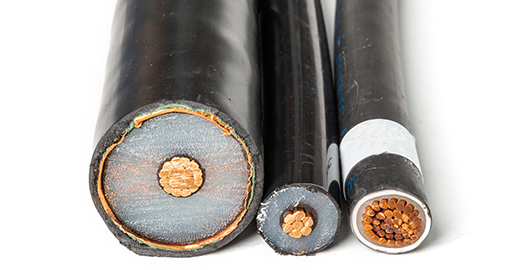
YJY cables are power transmission medium widely used in urban power grids, industrial and commercial buildings and other fields.
Submit Request
PDF Request